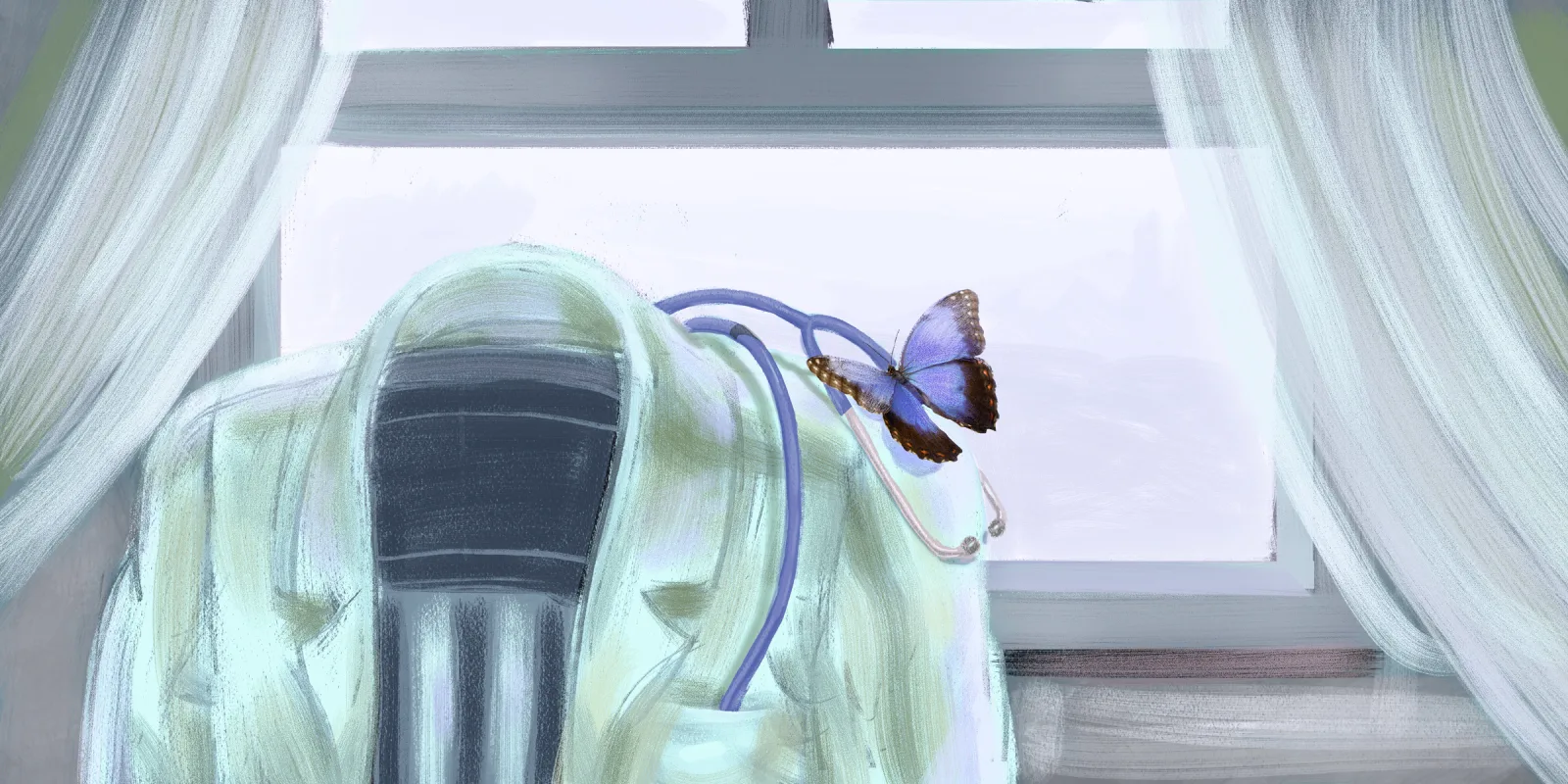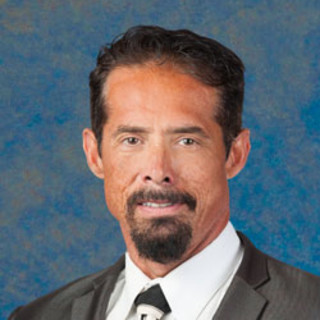I start every year with a practice I learned at a leadership development program. I imagine my own funeral and what my eulogy would be. Sometimes, I even write down the eulogy I would like to have spoken in the event of my death. The key point of the exercise is at the end when you ask yourself if that eulogy would reflect your life.
Leadership coaches recommend this practice because it forces us to ask if we are living the lives we truly want to live. Are we at peace with our choices? What have we neglected in life that we should reconcile while we still have the chance?
Over my career, I have seen three colleagues receive terminal diagnoses. Every time, it should have been a potent reminder that the same could happen to me at any time. Yet I think we, as doctors, often refuse to believe this. Perhaps because we face death so often, we come to believe that we are somehow immortal.
My first experience dealing with death within my professional circle occurred during the second year of residency. Every weekend my attending physician and I got together to play a morning round of tennis doubles with another pair of colleagues. After our match, we always sat by the court's side to chat about our lives.
One Sunday morning, after we finished a very competitive match, one of the other players began to update us on his life. I remember vividly watching this semi-retired pathologist in his late 60s as he casually recounted reading his own tissue sample from a recent colonoscopy.
"I knew right away it wasn't good," he said nonchalantly, staring out over the adjacent tennis courts under the bright blue sky. "Sure enough. Colon cancer. The diagnosis was aggressive and advanced. I'll be dead in three months," he stated almost without emotion.
He died in two.
Several years later, after finishing my fellowship and working on my first job, I reviewed the X-ray films of a patient who was also a fellow physician. The 40-year-old athletic doctor had recently completed an ultramarathon before coming into my colleague’s office complaining of back pain.
My colleague's face was grim as he showed me the film for a second opinion. There were several fractures visible on his patient's lumbar and thoracic vertebrae. He knew what that likely meant in an athletic 40-something man, and I confirmed it: It was likely cancer.
I was present when my colleague showed this patient his own X-ray films. As a fellow physician, he knew very well what they meant. Fear and confusion contorted his face. “But how?” he asked. “How could I have cancer?” No one had an answer.
But the most challenging diagnosis for me to witness was that of my best friend. A fellow physician in his late 30s, he was one of the most driven people I had ever known. He had created his well-respected medical practice and provided a good life for his beautiful young family. While I struggled with unhealthy habits and sweated over work-life balance, he was one of those people who seemed to do everything right.
One late summer Sunday afternoon, he called to tell me he was seeing a chiropractor because of severe low back pain. Then he stopped picking up the phone for weeks.
When he finally called back, he was crying. He had learned weeks ago that he had been diagnosed with pancreatic cancer, which had already metastasized throughout his body. He was only now coming to terms with the diagnosis.
He was a different man the first time he agreed to see me after his diagnosis. He looked defeated and sad. He was quiet and withdrawn. The cheerful, vivacious man I knew was gone.
I took him to run some errands. During that brief trip, I asked him how he felt. He confessed to me he felt afraid and angry. He regretted having put all his efforts into building a successful medical practice at the expense of family time. Last summer, he skipped an overseas trip with his wife and children to attend to business needs.
I asked him what treatments his care team was trying. “You know as well as I do that I'm dying,” he said. “There's no cure for this type of cancer. I’m not going to see my children grow up.” All his life, this friend had been a health fanatic. He was fastidious about what he ate. The few unkind words he spoke were usually directed at people who didn't care for their bodies. The irony was painful and cruel. It made me cold with the implications.
We may wonder about each of these doctors' journeys to confronting their own mortality. Was the first man so at peace with his life that he accepted death readily, or was he deep in denial? Had the athletic doctor ever considered the possibility that death could come for him soon? Would my best friend have made different choices the previous summer if he had known what was in store for him the next year?
Steve Jobs once said, “Remembering that I’ll be dead soon is the most important tool I’ve ever encountered to help me make the big choices in life. Because almost everything — all external expectations, all pride, all fear of embarrassment or failure — these things just fall away in the face of death, leaving only what is truly important. Remembering that you will die is the best way to avoid the trap of thinking you have something to lose. You are already naked."
How can we treat the remembrance of our own mortality as something liberating that frees us to focus on what is truly important?
The prospect of death will likely never be pleasant, but by confronting it head-on before it confronts us, we may stop it from catching us unprepared. We will not fear death when our focus is on a life well-lived.
What do you hope is said at your funeral? Are you living the life you want?
Dr. Francisco Torres was born in Seville, Spain, and graduated cum laude from the University of Puerto Rico in 1982 with a degree in biology. He then attended the University of Puerto Rico School of Medicine and was awarded his medical degree in 1986. Dr. Torres performed his residency in physical medicine & rehabilitation at the VA Hospital in San Juan, Puerto Rico, before completing a musculoskeletal fellowship at Louisiana State University Medical Center in New Orleans. He went on to serve three years as Clinical Instructor of Medicine and Assistant Professor at LSU before joining Florida Spine Institute in 1993, and is the author of five books.
Illustration by Jennifer Bogartz







